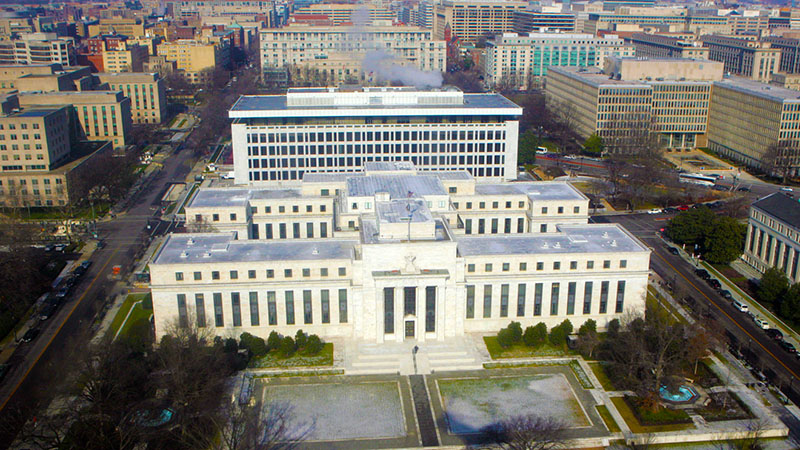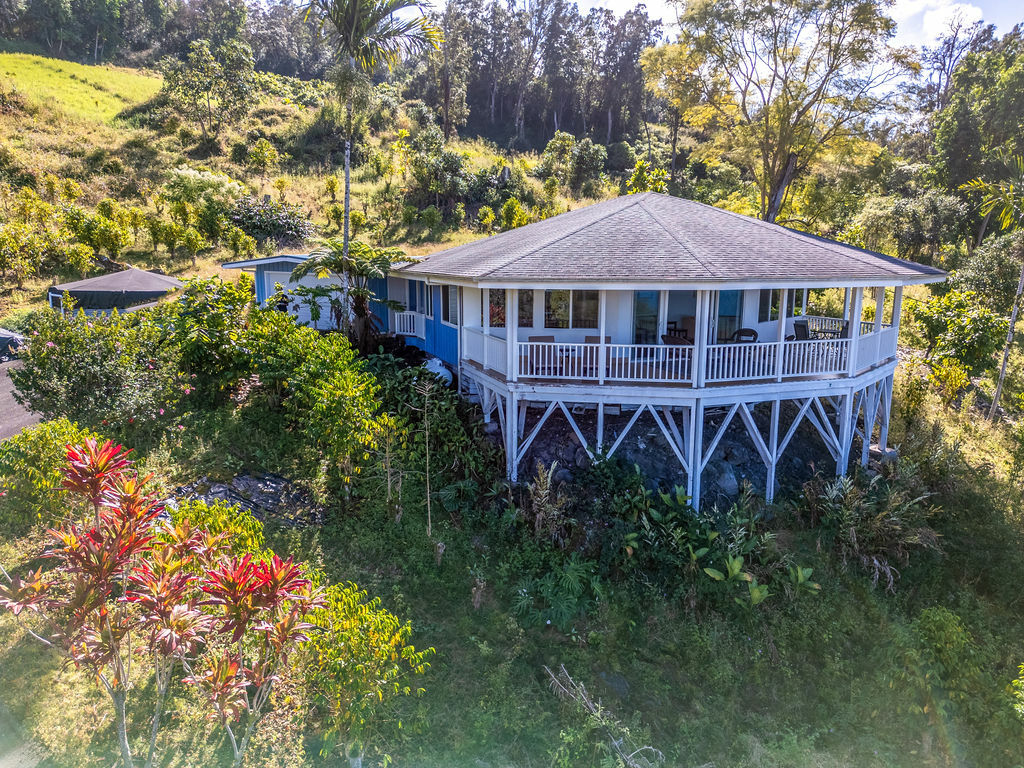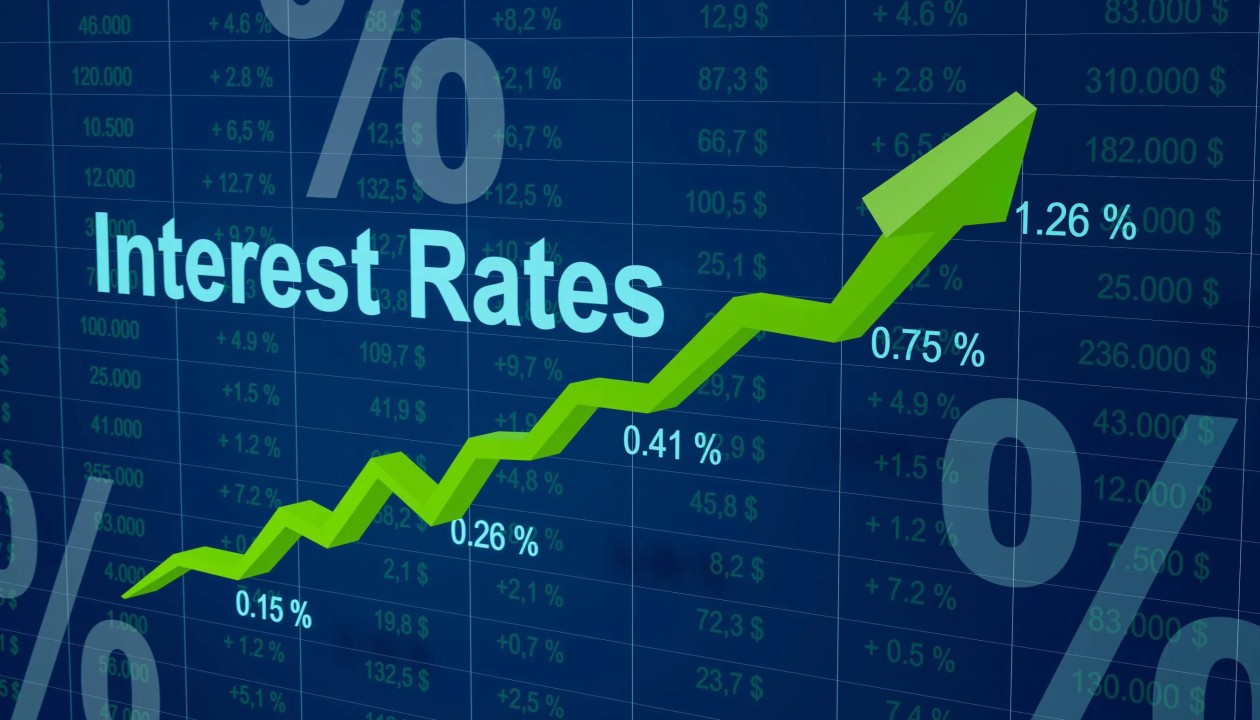Does the Federal Reserve Raise Interest Rates, and How Does It Affect Hawaii’s Real Estate Market?
If you’ve been watching the news, you’ve probably heard about the Federal Reserve (or “the Fed”) raising interest rates. But why do they do this, and how does it affect the housing market and mortgage rates, especially in Hawaii? Let’s break it down in a simple way.
Why Does the Federal Reserve Raise Interest Rates?

The Federal Reserve is like the financial “referee” of the U.S. economy. One of its biggest responsibilities is controlling inflation—the rate at which prices for goods and services rise.
When inflation gets too high, everyday things like gas, groceries, and rent become more expensive. To slow down this rapid price increase, the Fed raises interest rates. Here’s why:
- Higher interest rates make borrowing more expensive. If it’s more costly for businesses and individuals to take out loans, they will likely spend less, helping to cool down demand.
- Less spending helps lower inflation. When fewer people and businesses borrow and spend money, prices tend to stabilize instead of continuing to rise quickly.
- It encourages saving. When interest rates are higher, people are more likely to save their money rather than spend it, which also slows inflation.
How Do Higher Interest Rates Affect Mortgage Rates in Hawaii?
When the Fed raises interest rates, it doesn’t directly change mortgage rates, but it strongly influences them. Here’s how:
- Mortgage lenders typically set their rates based on the overall interest rate environment. When the Fed raises rates, borrowing money becomes more expensive, and banks pass that cost on to homebuyers.
- Higher mortgage rates mean higher monthly payments for new homebuyers. This can make it more difficult for people to afford homes at current prices.
- For existing homeowners with adjustable-rate mortgages (ARMs), their payments may also go up as interest rates rise.
What Does This Mean for Hawaii’s Real Estate Market?
Hawaii’s real estate market is unique due to limited land availability, high demand from both local and international buyers, and the appeal of island living. Here’s what tends to happen when rates go up:
- Homebuyers may hesitate. Since borrowing becomes more expensive, some buyers may delay purchasing a home, reducing demand in the short term.
- Luxury and vacation home sales may slow. Many buyers of second homes or investment properties in Hawaii use financing, so higher rates can impact these sales.
- Home prices may stabilize. While Hawaii’s home prices tend to stay strong due to demand, higher rates can slow rapid price increases, making properties more affordable over time.
- Sellers may need to adjust expectations. With fewer buyers able to afford homes at higher mortgage rates, sellers might need to be more flexible on pricing or offer incentives to attract buyers.
- Rental demand may rise. If buying becomes more challenging, more people may turn to renting, potentially increasing rental rates in certain areas.
A Positive Outlook: Learning from History

While higher interest rates can be challenging, history shows us that the real estate market is resilient—even in Hawaii. In the early 1980s, mortgage rates soared to over 18%, yet the market eventually rebounded and thrived. Even after the rate hikes of the early 2000s, home values continued to grow over time.
Hawaii’s real estate market has a strong foundation due to its desirability, limited inventory, and international appeal. While higher rates may slow down rapid price increases, they also create opportunities for buyers who may have been priced out before. Additionally, once inflation stabilizes, the Fed often lowers rates again, leading to more favorable conditions for buyers and sellers.
What Should Buyers and Sellers Do in Hawaii?

If you’re looking to buy a home in Hawaii, higher interest rates mean you may need to adjust your budget or look for ways to get a better deal, such as shopping around for the lowest mortgage rate or negotiating with sellers.
If you’re a seller, pricing your home competitively and being flexible with negotiations can help you attract serious buyers. Highlighting unique aspects of your property, such as ocean views, proximity to beaches, or energy-efficient features, can also make your listing stand out.
Final Thoughts

The Federal Reserve raises interest rates to control inflation, but these rate hikes also affect mortgage rates and the real estate market. While higher rates can make buying a home more expensive, they also help keep the economy balanced. Understanding these connections can help you make informed decisions whether you’re buying, selling, or investing in Hawaii’s real estate market.
History has shown that the market always finds a way to adjust, and opportunities exist in every economic cycle. Whether rates are high or low, working with knowledgeable real estate professionals can help you navigate the market with confidence.
Need help navigating Hawaii’s real estate market in today’s economy? Let LesLee Delaney guide you every step of the way!


 Facebook
Facebook
 X
X
 Pinterest
Pinterest
 Copy Link
Copy Link


